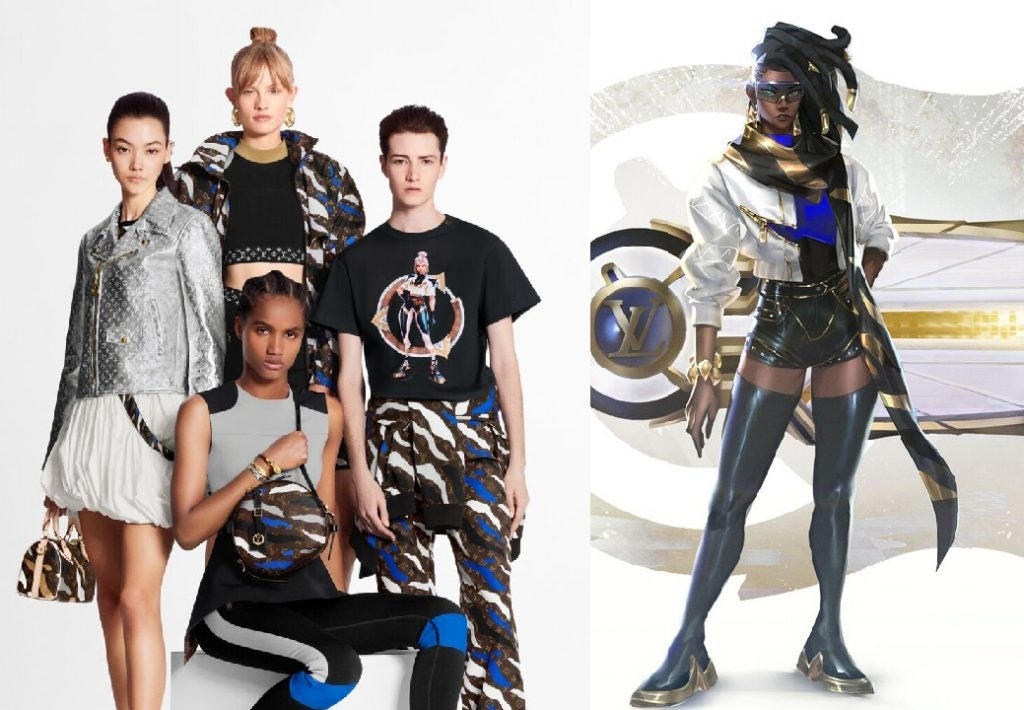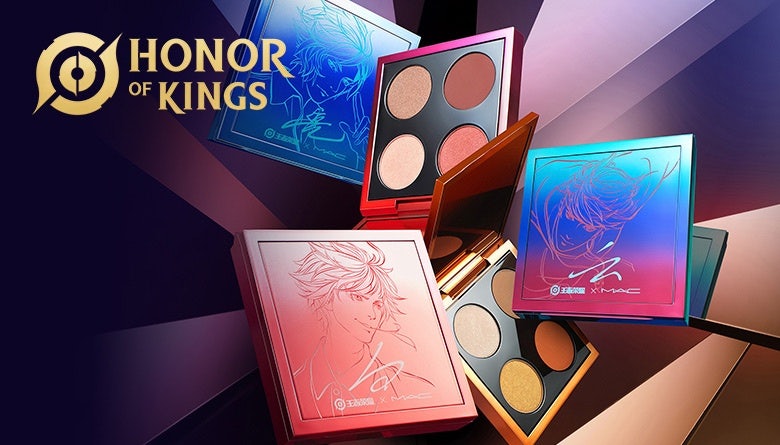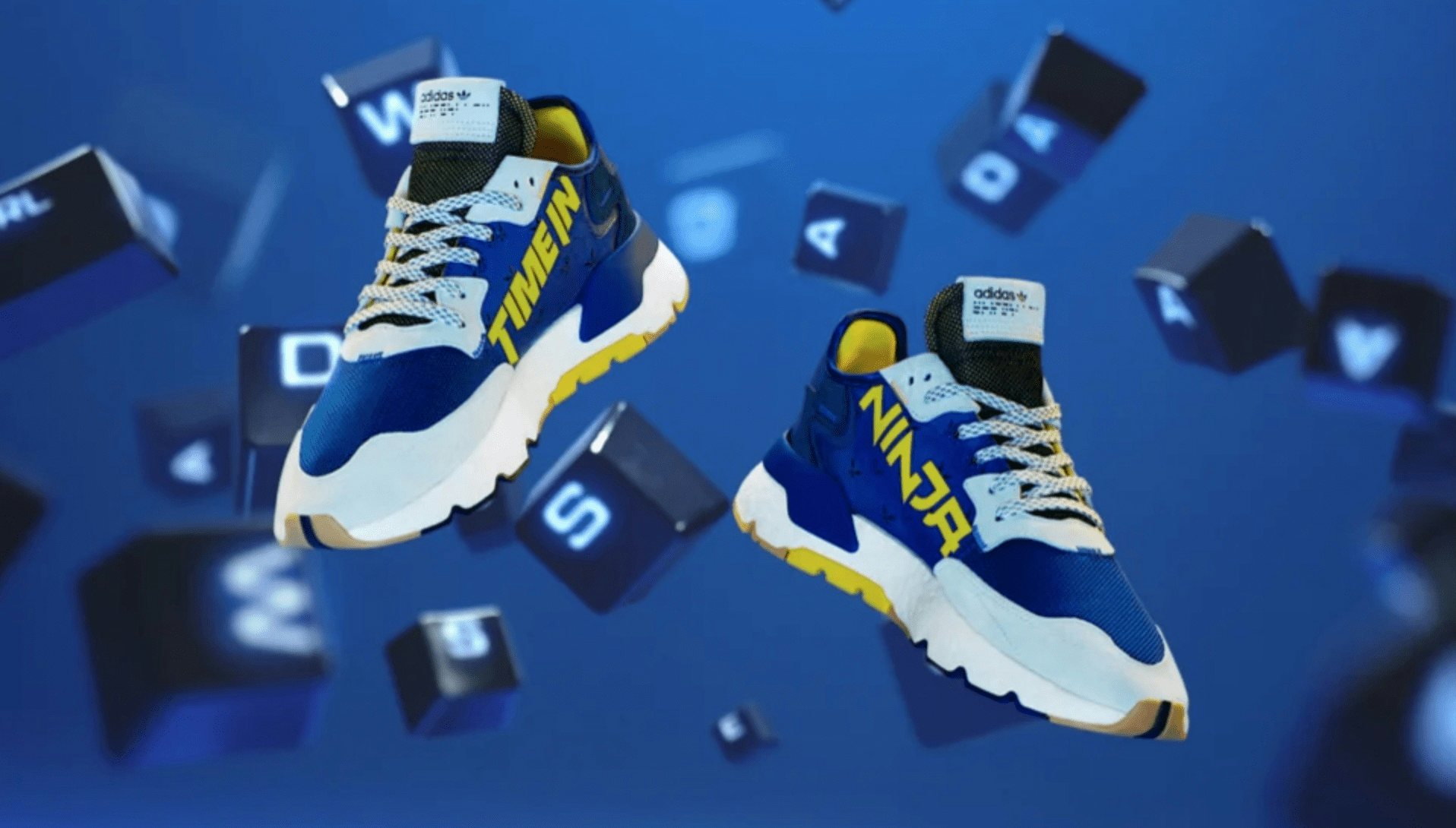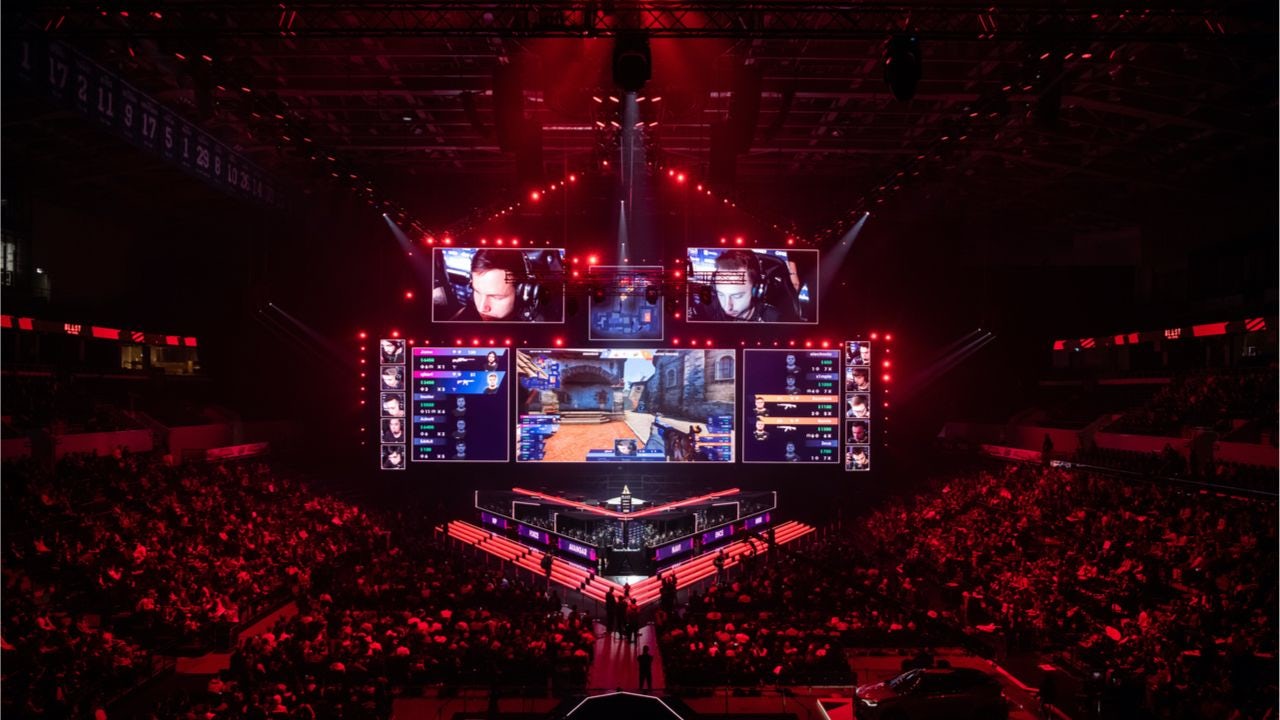Key Takeaways:#
Luxury brands must win over the country's younger consumers, as millennials now represent more than 70 percent of Tmall’s luxury fashion and lifestyle market. Meanwhile, Gen Z has become the fastest-growing group in China.
China has the largest global esports audience — 162.6 million viewers in 2020. And surprisingly, 45 percent of fans in China are older (25-34), and 39 percent of them are women.
Luxury brand marketers must not only invest time playing and watching esports, but they should also talk to young fans of the pastime to gain an intuitive feel for this new cultural phenomenon.
The race is on for luxury brands to win over esports enthusiasts. Luxury marketers have only recently taken esports seriously in what has become the world's largest esports market: China. Yet, the game-changer in China's market, while seemingly simple, is often overlooked. Luxury brands must win over the country's younger consumers, as millennials now represent more than 70 percent of Tmall’s luxury fashion and lifestyle market. Meanwhile, Gen Z has become the fastest-growing group in China.
But here is where the often-misunderstood world of esports gets interesting. Esports growth has gained unprecedented momentum in China. According to the Newzoo Global Esports Market Report 2020, China enjoyed the largest esports audience — 162.6 million in 2020. Meanwhile, Nielsen data shows that esports isn't exclusively for kids or adrenalin-fueled males, as 45 percent of esports fans in China are 25-34 years old, and 39 percent are female.
However, a defining feature of esports is its level of emotional engagement. According to McKinsey & Co., Chinese fans are more likely to play and watch esports, follow a favorite player, or follow an esports team than their US peers. This intense engagement rate is redefining the future of entertainment, with Nielsen reporting that Chinese esports fans spend more time engaging with esports than traditional sports.
The takeaway is that esports provides a platform where luxury brands can engage with a “hard to reach” demographic. But that raises the question: How can brands leverage this opportunity to provide a luxury brand experience?
Inspire#
Esports can provide a fantasy world in which designers can push their creative boundaries. As part of the Louis Vuitton & League of Legends (LoL) partnership, creative director Nicolas Ghesquière created in-game prestige skins (outfits) by designing a real capsule collection. It may be a coincidence or just savvy marketing, but LoL happens to be the second most followed title in China.

Influence#
Esports teams, players, and KOLs all enjoy strong followings in China, and luxury brands can tap into their influence to provide positive associations. For example, male beauty brands have used esports to achieve greater credibility. Lab Series, the high-end male skincare line from Estée Lauder, has sponsored China’s IG Digital Gaming League and collaborated with LoL’s Invictus Gaming team.
Impact#
Streetwear and luxury brand collaborations can instill exclusivity and desirability. Likewise, luxury and esports collaborations can emulate this “coolness” and provide a sense of culture and community. Exclusive collections with the most popular mobile game in China, such as MAC x Honor of Kings (in which products correspond to the game’s characters), sold out instantly. Luxury brands can also draw inspiration from Adidas, which partnered with an individual player, Tyler ‘Ninja’ Blevins, to launch a collection. That collaboration might only be the beginning of brands working with star players.

Integrate#
Luxury brands can also integrate esports into their customer journeys, using synergy to boost the brand experience. Burberry signed a partnership with Tencent Games to integrate its products into the online mobile game Honor of Kings in China. And the opening of Burberry’s social retail store in Shenzhen provides an ideal platform for merging the worlds of play and retail space.
Ultimately, any luxury brand marketer should invest time playing and watching esports. But they also should talk to the young people who engage in esports. An intuitive feeling for this new cultural phenomenon will help navigate an effective esports strategy. And soon enough, luxury brands will need to ask themselves if they are ready to be winners or losers in the fast-moving world of esports. For luxury brands, it’s time to put on their game faces.
Glyn Atwal is an associate professor at Burgundy School of Business (France). He is co-author of Luxury Brands in China and India (Palgrave Macmillan).


